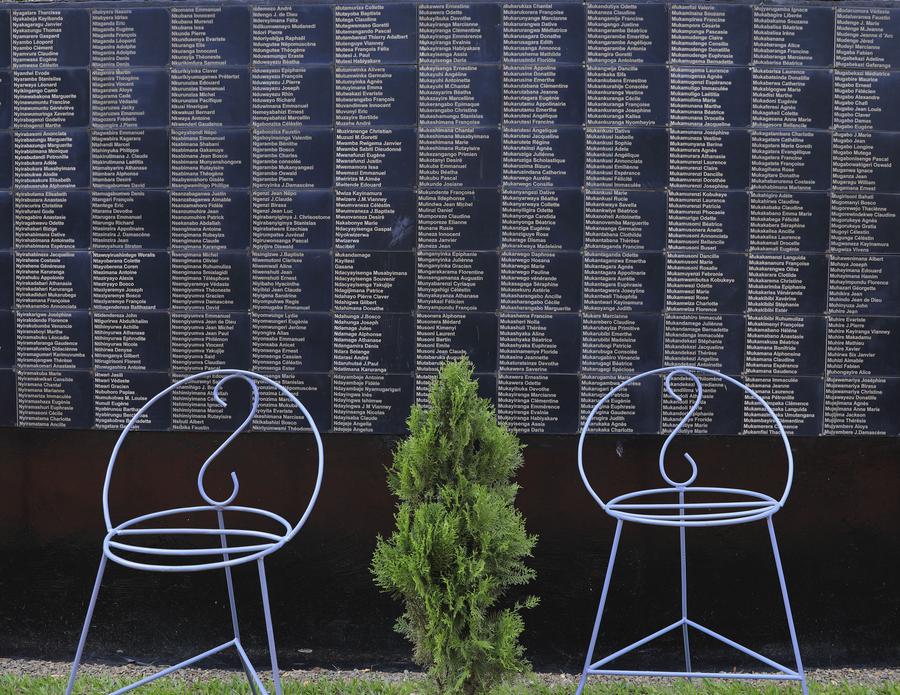Rwanda's rebirth -- a nation of unity emerges from shadow of genocide


CUT DOWN THE TALL TREES
In the chaotic aftermath of the presidential plane crash, Hutu extremists spared no time seizing control and forming an interim government. Across Kigali, army units and Hutu militias erected roadblocks, scrutinizing the racial classifications on people's identity cards.
The orchestrated massacres commenced. The airwaves crackled with the venomous broadcasts of Radio Television Libre des Mille Collines (RTLM) vilifying Tutsis as "cockroaches" and goading Hutus to "cut down the tall trees."
Armed with machetes and fueled by hate-filled rhetoric, Hutu civilians descended upon their Tutsi neighbors, unleashing a wave of carnage that engulfed the city. Within a week, the streets of Kigali ran red with the blood of 20,000 victims.
The horror swiftly spread across the country, as years of intermingling among villagers rendered them acutely aware of their neighbors' ethnic identities. Tutsis seeking shelter in fields, forests, swamps, and hills found no refuge from the relentless onslaught.
"I lost 65 family members. In the end, we managed to find and bury 21 of them," Mukamana escaped and returned to the grisly sight of her family's massacre.
Alongside other survivors, she fled to seek refuge in the neighboring Nyamata Church, which was packed with fearful, desperate civilians. "We thought no one would kill anyone in the church, but soon the militia came and attacked it with grenades and guns."
For 100 days, Rwanda descended into a maelstrom of violence and despair. Blood flowed freely, staining homes, fields, and roads with the grim testament of genocide. Public infrastructure lay in ruins, and the specter of death loomed large, casting a dark pall over the nation.
A survivor's grievance is showcased on the wall of the exhibition hall at the Kigali Genocide Memorial Center: "When they said 'Never again' after the Holocaust, was this meant for some people and not for others?"
BETRAYAL BY INT'L COMMUNITY
"It was the international community which failed all of us, whether from contempt or cowardice," Kagame said in his speech at the ceremony marking the 30th anniversary of the genocide.
"When we talk of the international community, basically it means the powerful countries, the Western world," Ngendahimana said.
When the tragedy occurred in 1994, U.S. officials hesitated to invoke the term "genocide," dodging the legal obligations that would ensue under the Genocide Convention adopted by the United Nations.
As then U.S. President Bill Clinton said in a speech during the 100 days: "Whether we get involved in any of the world's ethnic conflicts in the end must depend on the cumulative weight of the American interests at stake."
It was in July 1994, when the Kagame-led RPF took control of Kigali and soon the whole country, that the 100-day tragedy ended.
Yet, even as Rwanda grappled with the aftermath of genocide, the echoes of colonialism continued to reverberate across the African continent.
Ngendahimana said that the divisionism brought about by colonial rule still had a deleterious effect on African countries. "We were forced to reject our values, language and identity and embrace a foreign identity, and this colonial legacy has sparked conflicts and wars in African countries such as Nigeria, Cameroon, Somalia, Sudan and others."


















